-
×
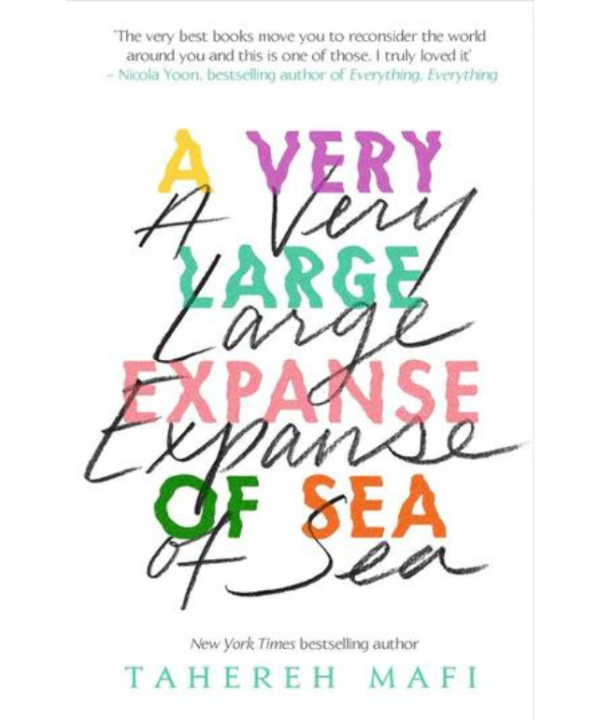 A Very Large Expanse of Sea
1 × ₦6,000.00
A Very Large Expanse of Sea
1 × ₦6,000.00 -
×
 Saint X
1 × ₦7,500.00
Saint X
1 × ₦7,500.00 -
×
 Everything I Know about Life I Learned from PowerPoint
1 × ₦9,000.00
Everything I Know about Life I Learned from PowerPoint
1 × ₦9,000.00 -
×
 An Emotion Of Great Delight
1 × ₦5,500.00
An Emotion Of Great Delight
1 × ₦5,500.00 -
×
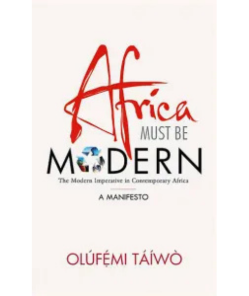 Africa Must Be Modern: A Manifesto
1 × ₦7,150.00
Africa Must Be Modern: A Manifesto
1 × ₦7,150.00 -
×
 For the Culture
1 × ₦18,500.00
For the Culture
1 × ₦18,500.00 -
×
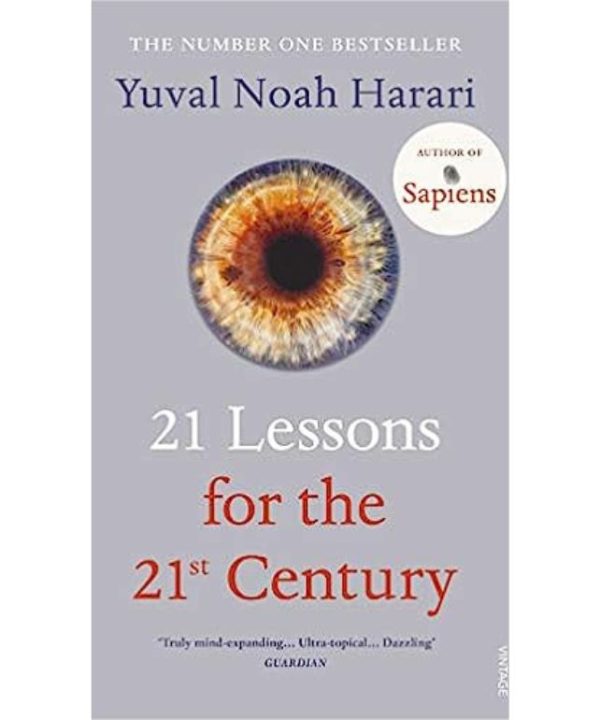 21 Lessons for the 21st Century
1 × ₦13,500.00
21 Lessons for the 21st Century
1 × ₦13,500.00 -
×
 The Three of Us
1 × ₦12,000.00
The Three of Us
1 × ₦12,000.00 -
×
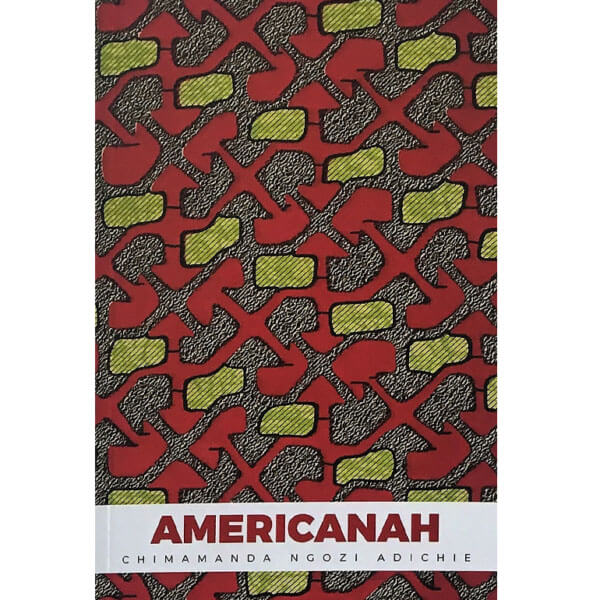 Americanah
1 × ₦7,000.00
Americanah
1 × ₦7,000.00 -
×
 A House for Alice: From the Women’s Prize shortlisted author of Ordinary People
1 × ₦8,000.00
A House for Alice: From the Women’s Prize shortlisted author of Ordinary People
1 × ₦8,000.00 -
×
 We See It All: liberty and justice in the age of perpetual surveillance
1 × ₦8,500.00
We See It All: liberty and justice in the age of perpetual surveillance
1 × ₦8,500.00 -
×
 Call Me Legachi
1 × ₦10,000.00
Call Me Legachi
1 × ₦10,000.00 -
×
 Everything Good Will Come
1 × ₦6,000.00
Everything Good Will Come
1 × ₦6,000.00 -
×
 The Rivers Frontier
1 × ₦8,000.00
The Rivers Frontier
1 × ₦8,000.00 -
×
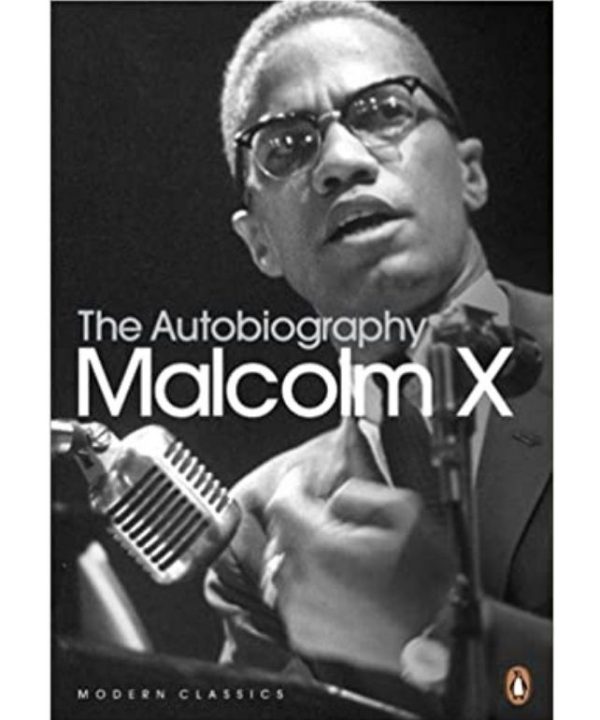 Autobiography of Malcolm X
1 × ₦13,500.00
Autobiography of Malcolm X
1 × ₦13,500.00 -
×
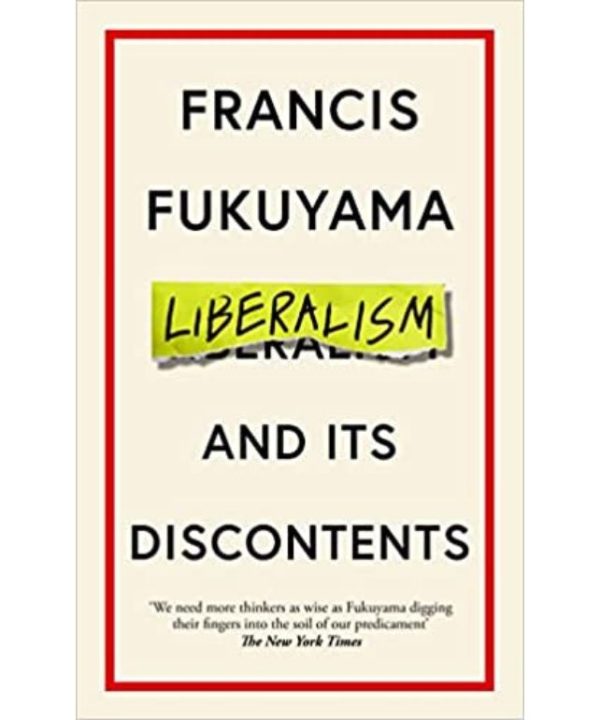 Liberalism and Its Discontents: Francis Fukuyama
1 × ₦8,000.00
Liberalism and Its Discontents: Francis Fukuyama
1 × ₦8,000.00 -
×
 The Da Vinci Code
1 × ₦13,000.00
The Da Vinci Code
1 × ₦13,000.00 -
×
 A River Called Time
1 × ₦6,500.00
A River Called Time
1 × ₦6,500.00 -
×
 Consent
1 × ₦6,000.00
Consent
1 × ₦6,000.00 -
×
 Honey & Spice
1 × ₦13,000.00
Honey & Spice
1 × ₦13,000.00 -
×
 The Beauty of Living Twice
1 × ₦7,500.00
The Beauty of Living Twice
1 × ₦7,500.00 -
×
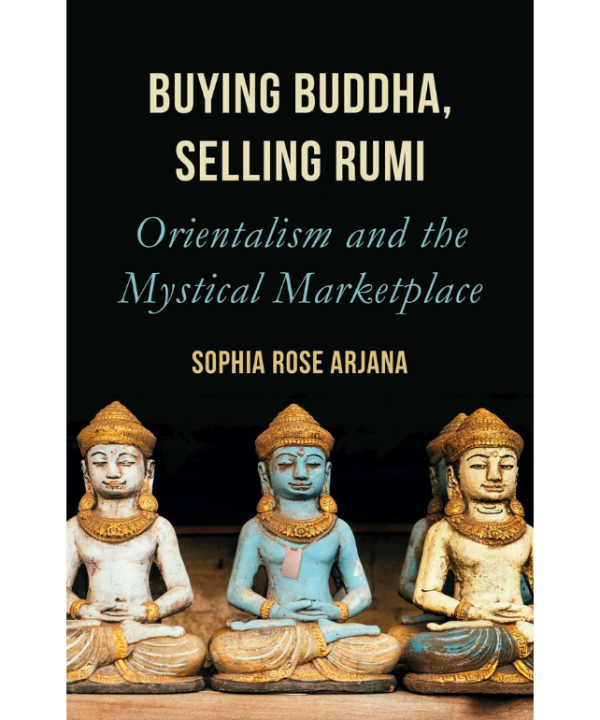 Buying Buddha, Selling Rumi
1 × ₦9,000.00
Buying Buddha, Selling Rumi
1 × ₦9,000.00 -
×
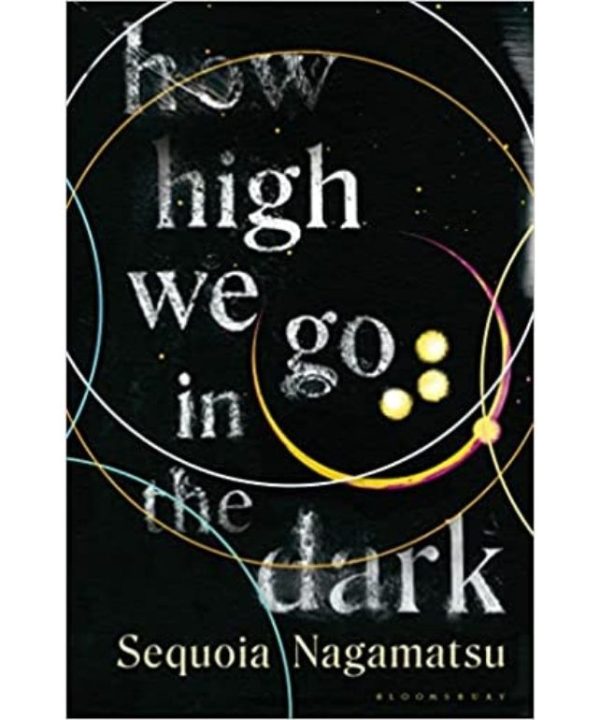 How High We Go in the Dark
1 × ₦9,000.00
How High We Go in the Dark
1 × ₦9,000.00 -
×
 Ghostroots: Stories
1 × ₦12,000.00
Ghostroots: Stories
1 × ₦12,000.00 -
×
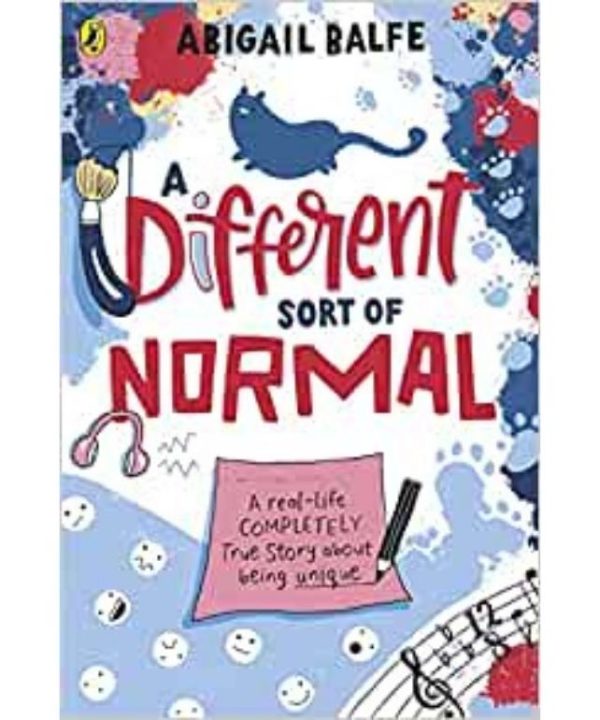 A Different Sort of Normal
1 × ₦4,500.00
A Different Sort of Normal
1 × ₦4,500.00 -
×
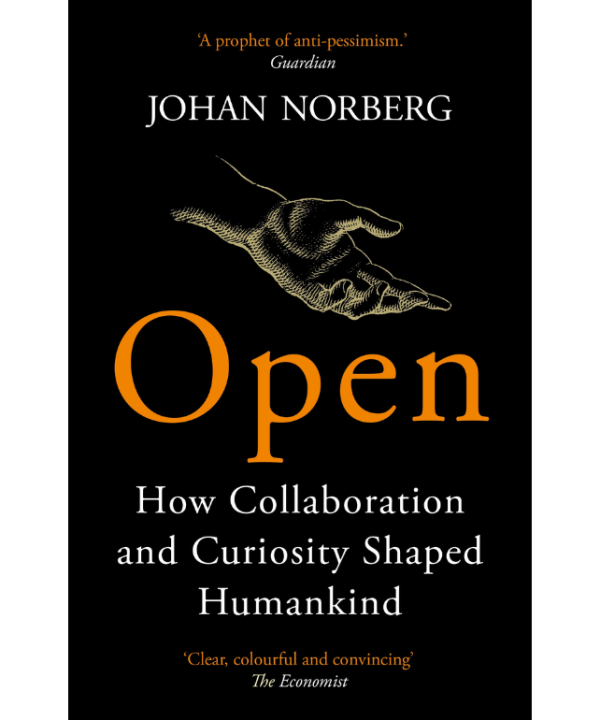 Open: How Collaboration and Curiosity Shaped Humankind
1 × ₦6,000.00
Open: How Collaboration and Curiosity Shaped Humankind
1 × ₦6,000.00 -
×
 Outsider Inside
1 × ₦5,000.00
Outsider Inside
1 × ₦5,000.00 -
×
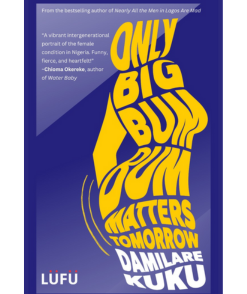 Only Big Bumbum Matters Tomorrow
1 × ₦8,000.00
Only Big Bumbum Matters Tomorrow
1 × ₦8,000.00 -
×
 What Happened to Janet Uzor
1 × ₦12,000.00
What Happened to Janet Uzor
1 × ₦12,000.00 -
×
 Love in Colour
1 × ₦13,000.00
Love in Colour
1 × ₦13,000.00 -
×
 By the Sea
1 × ₦5,500.00
By the Sea
1 × ₦5,500.00 -
×
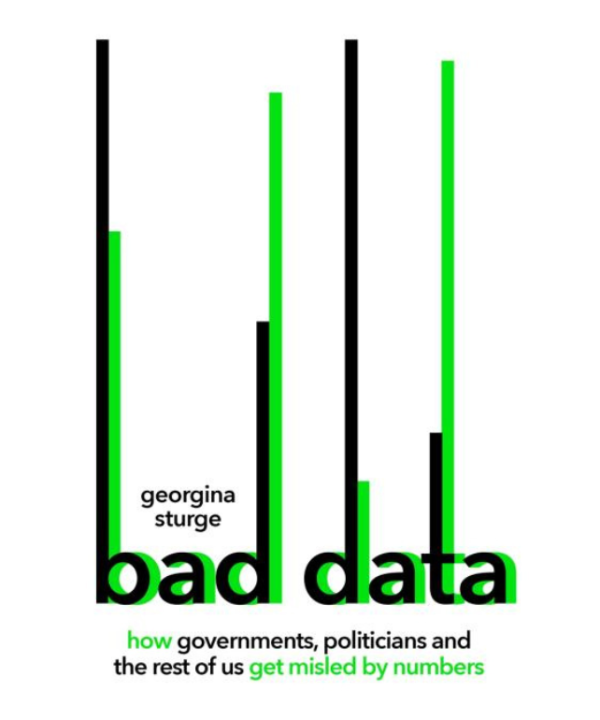 Bad Data
1 × ₦15,000.00
Bad Data
1 × ₦15,000.00 -
×
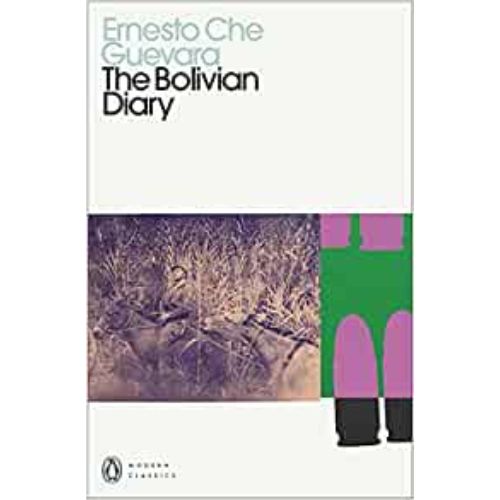 The Bolivian Diary
1 × ₦5,000.00
The Bolivian Diary
1 × ₦5,000.00
Legal Perspectives on the Nigerian Anti-Money-Laundering Regime: Spotlight on Politically Exposed Persons
₦40,000.00
Over the past decades, there has been an increased focus on politically exposed persons (PEPs), and through egregious examples, their ability to embezzle huge sums of public funds from Nigeria, which is subsequently laundered domestically or internationally through financial institutions and other methods adopted in laundering the proceeds of grand corruption. The colossal scale of grand corruption, money laundering and the number of PEPs involved in the outright misappropriation, conversion, diversion, and theft of public funds in Nigeria is staggering. Grand corruption and money laundering are for Nigeria, a pervasive and devastating socioeconomic and political problem. This is due to the fact that a significant number of Nigeria’s pressing concerns such as underdevelopment, slow economic growth, abject poverty, insecurity, and poor health care systems have all been exacerbated and prolonged by grand corruption through the misappropriation and embezzlement and of public funds.
The link between PEPs, corruption and money laundering is well established. This has prompted the promulgation of laws and regulations, the creation of institutions and the formulation of policies aimed at combating this phenomenon in Nigeria. Yet, addressing the serious challenges of grand corruption and money laundering remains an acute challenge for Nigeria. Constraining, disrupting, and deterring PEPs from misappropriating and laundering public funds is fundamental for Nigeria’s development. The continued search for effective solutions to the problem of grand corruption and money laundering is the catalyst for this book.
Thus, drawing from several research methodologies such as doctrinal, socio-legal, comparative and qualitative approaches (interviews), this study was undertaken to thoroughly assess the effectiveness of the Nigerian anti-money-laundering (AML), legal, regulatory and institutional frameworks for combating the laundering of the proceeds of corruption by PEPs, and to assess their practical implementation. Considering the significant political and economic influence wielded by PEPs by virtue of their access to state resources and influence over government institutions, this study, inter alia, explores the political, constitutional, and legal challenges that impedes the implementation of AML laws on PEPs in Nigeria.
6 in stock


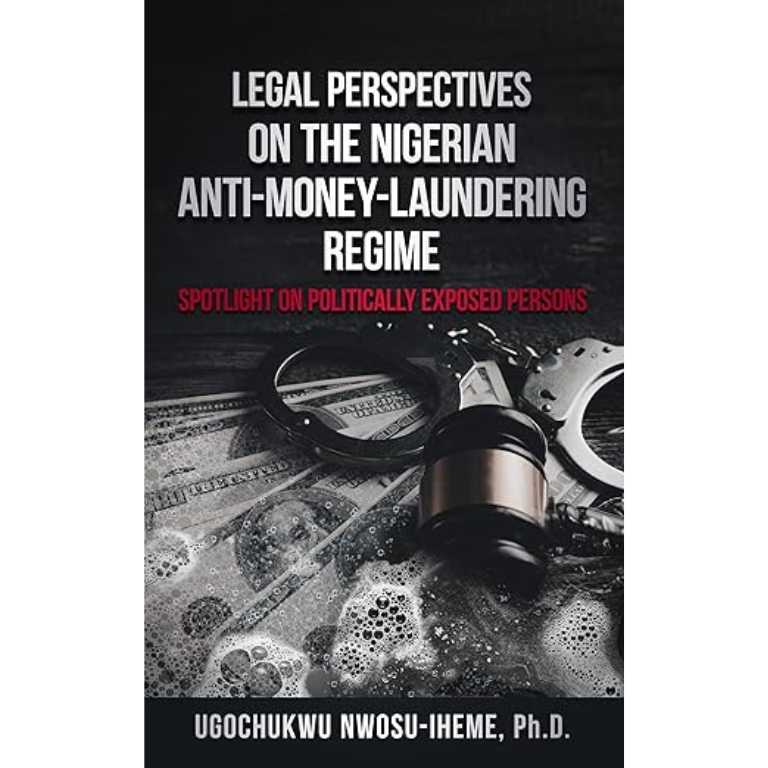

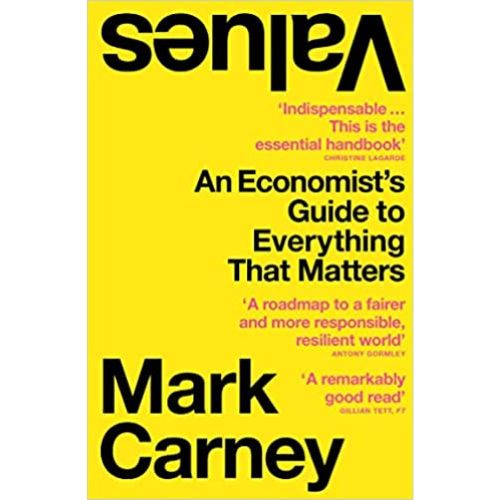

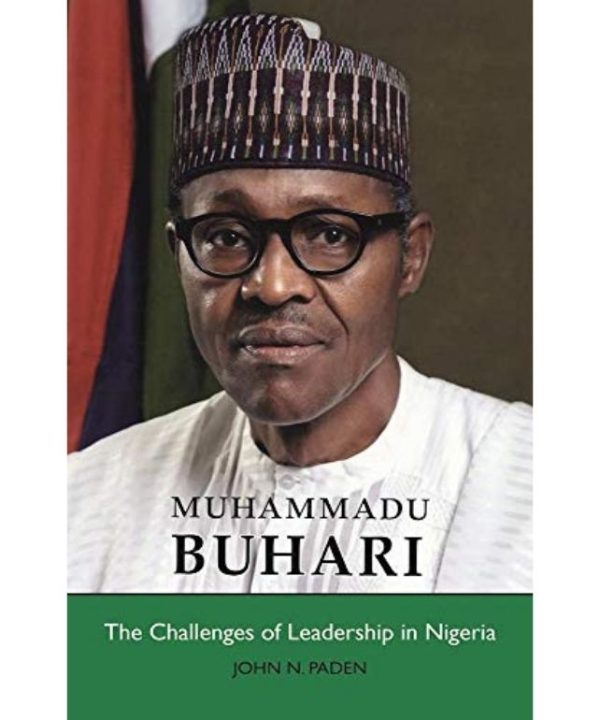

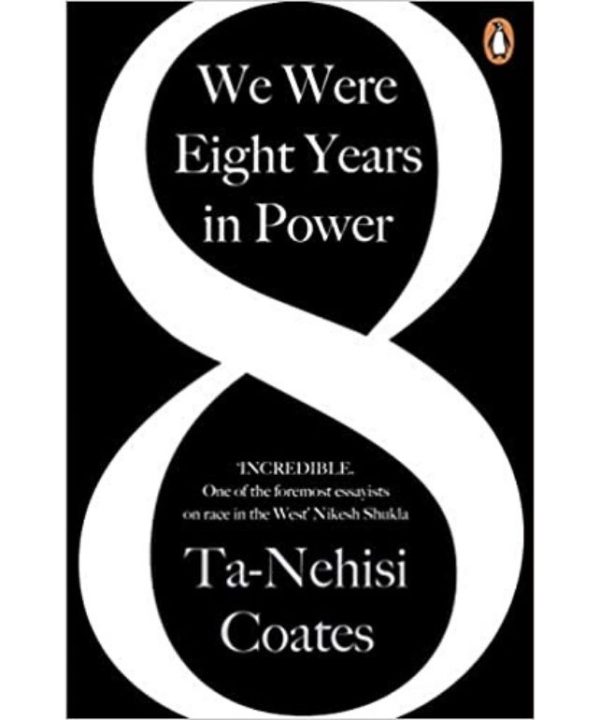

Reviews
There are no reviews yet.